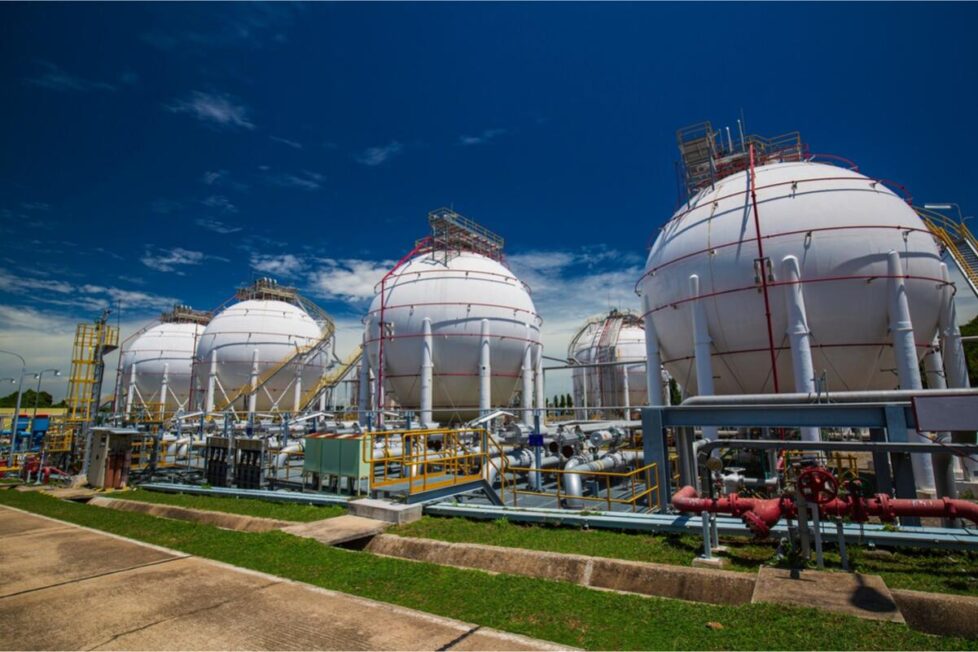The Impact of Natural Gas on Oil Trading


Natural gas has emerged as a major player in the global energy markets in recent years. With its lower carbon emissions and abundance, it has become a popular alternative to oil, especially in power generation. However, the rise of natural gas has also significantly impacted the oil trading industry.
This article will explore the relationship between natural gas and oil trading and how it has affected the energy markets. If you are interested in the oil market, it would be beneficial to gain an understanding of the global oil trading market, its dynamics, and the key factors influencing it.
One of the main reasons for the rise of natural gas is its ability to substitute for oil in various sectors. For instance, natural gas can be used as a feedstock for the production of chemicals and fertilizers, which were previously derived from oil. Additionally, natural gas can be used in transportation, either as a compressed natural gas (CNG) or liquefied natural gas (LNG), which reduces the dependence on oil.
The increasing use of natural gas has led to a decline in the demand for oil, especially in the power generation sector. This has resulted in a shift in the global energy mix, with natural gas taking up a larger share. As a result, oil traders have had to adapt to the changing dynamics of the energy markets.
The rise of natural gas has significantly impacted the oil trading industry, especially in terms of pricing. In the past, oil prices were largely determined by the Organization of the Petroleum Exporting Countries (OPEC) and other major oil-producing nations. However, the increased availability of natural gas has shifted pricing power towards natural gas suppliers.
Furthermore, the increased use of natural gas has led to the development of new trading hubs, such as the Henry Hub in the United States. This has resulted in a more fragmented market, with multiple benchmarks for pricing natural gas. As a result, oil traders have had to keep up with the new developments in the natural gas markets to remain competitive.
The development of new technologies for extracting natural gas, such as hydraulic fracturing or “fracking,” has also impacted the oil trading industry. These technologies have made natural gas more accessible and cheaper to produce, further eroding oil dominance in the energy markets.
Despite the challenges posed by the rise of natural gas, there are also opportunities for oil traders. For instance, some traders have diversified into natural gas trading to take advantage of the growing demand. Additionally, new technologies for extracting oil, such as shale oil, have enabled traders to adapt to the changing dynamics of the energy markets.
Another opportunity for oil traders is the development of new markets for oil, such as Asia. As demand for energy in Asia continues to grow, there is an increasing need for oil and natural gas to meet this demand. This presents an opportunity for oil traders to expand their operations into new markets.
In conclusion, the rise of natural gas has significantly impacted the oil trading industry, with changes in pricing and market dynamics. However, it has also presented opportunities for traders to diversify their operations and expand into new markets. As the energy markets continue to evolve, it is important for oil traders to keep up with the latest developments and adapt their strategies to remain competitive.
